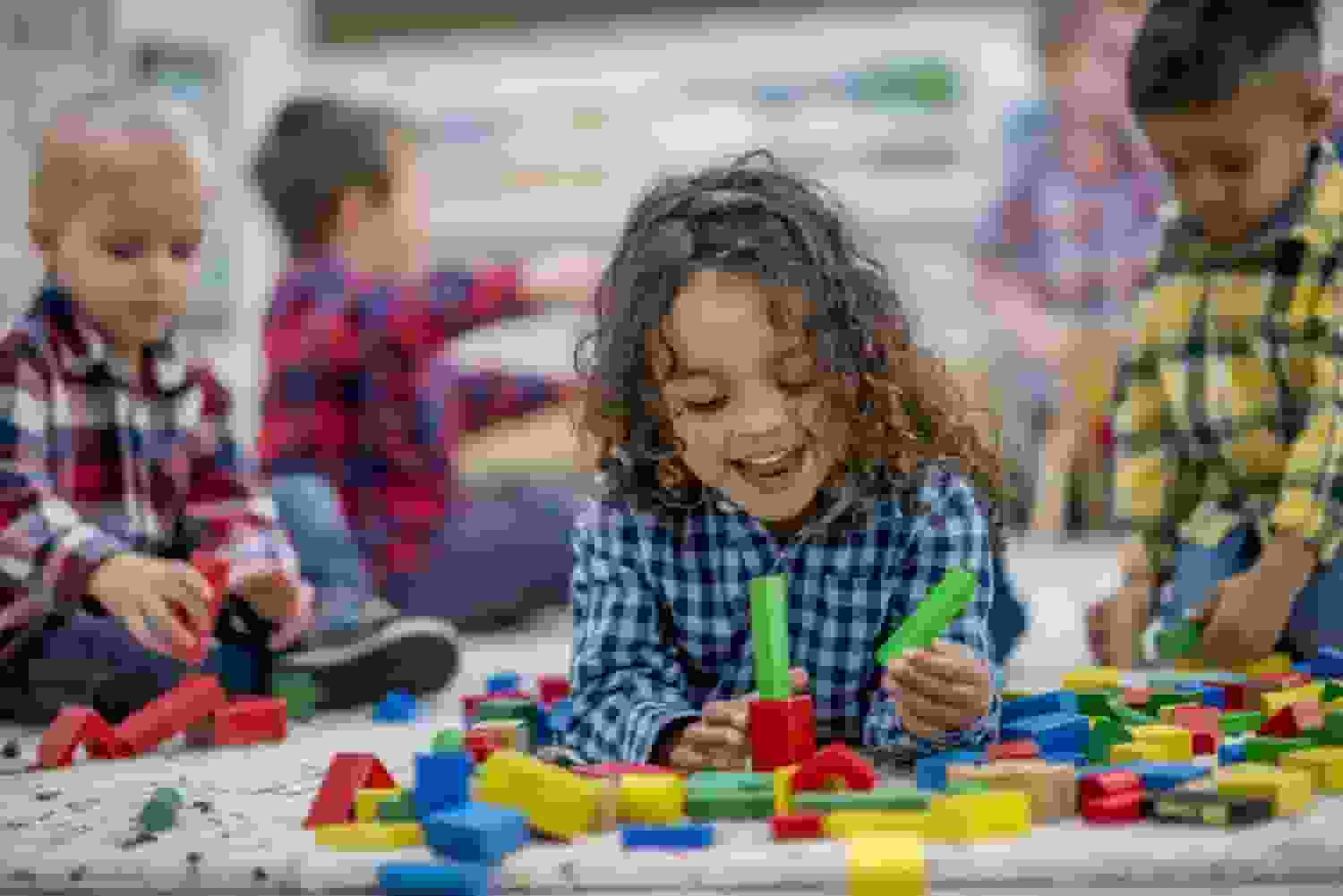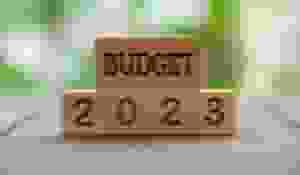The State of Illinois has made a significant investment in its youngest citizens taken from the 2023 budget. The budget includes increased state funding for programs aimed at helping infants and toddlers. The state also allocated funds for new initiatives aimed at providing better educational opportunities to families and reducing the poverty level.

The Illinois State Board of Education will be given a total of $54 million, for the Early Childhood Block Grant program. This is equal to a 10% increase in state funding. This fund will help support both home-visiting programs and center-based programs.
The Illinois Department of Human Services (IDHS) will be given a total of $536,000, for the Maternal Child Home Visiting program. This is equal to a 5.3% increase in state funding. The Healthy Families Illinois home visiting program will be given a 7% increase in state funding, with a total of $480,000. The Early Intervention (EI) program at IDHS will receive its state funding restored by 6.4%, a total of $7 million.
Although the Child Care Assistance Program (CCAP) at IDHS remains level-funded, the administration has committed to increasing provider reimbursement rates twice over the next fiscal year. A new $2.5 million allocated fund for the Illinois Higher Education Savings Program, or Children’s Savings Accounts, will be used to help improve childhood outcomes and promote equitable access to higher education. Meanwhile, IDHS will receive a new $2 million allocated fund for the Off-Hours Child Care Program Fund.
READ ALSO: Quality Childcare Becomes More Accessible in Tennessee – See Details
Several Important Measures Aimed at Helping Infants and Toddlers that are Approved by the Legislature
Senate Bill 157 (Hastings, Zalewski) expands the eligibility of Illinois’ Earned Income Credit by permanently including childless workers ages 18-24 and over age 65, as well as immigrants who file taxes with an Individual Taxpayer Identification Number.
Senate Bill 3991 launches the Illinois Higher Education Savings Program, which will help ensure equitable access to higher education.
House Bill 4242 (Collins, Morrison) extends automatic eligibility to CCAP for parenting youth in care and families on the DCFS Extend Family Support Program while requiring DCFS to pay childcare providers the same reimbursement rates IDHS pays its providers through the CCAP program.
House Bill 4999 (Gabel, Villanueva) codifies the timeline for services for families in the Early Intervention (EI) program. The bill requires that services for families must be initiated within 30 days after a service plan has been approved. This bill sets a clear and specific timeline for the provision of services in the EI program, which is aimed at supporting families with children who have developmental delays or disabilities.
House Bill 1571 (Manley, Glowiak Hilton) creates the Off-Hours Child Care Program at the Illinois Department of Human Services (IDHS) to help first responders and other workers access childcare during non-traditional hours.
Senate Bill 3149 (Villanueva, Guzzardi) requires the Illinois Student Assistance Commission and higher education institutions to provide information about the Child Care Assistance Program and federal dependent care to students eligible for Monetary Award Program grants.
House Bill 5525 creates the Commission on Children of Incarcerated Parents within IDHS to support families with a parent in prison.
In conclusion, the State of Illinois has taken important steps to support its youngest citizens with the 2023 budget. The increased allocated funding for early childhood programs will help ensure that infants and toddlers have the best possible start in life.
READ ALSO: $914 SSI Payments to be Received by 33 Sates in February – Check Your State





